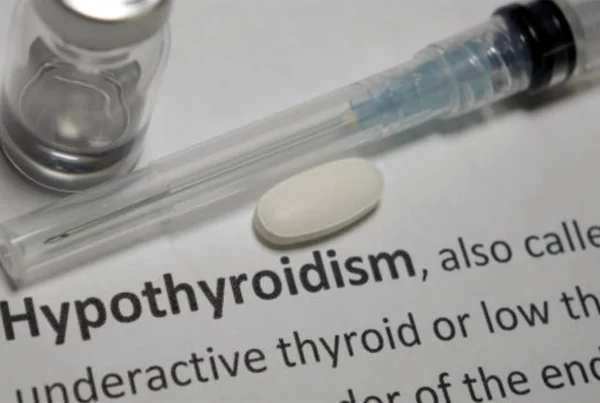There’s a lot of confusion around what a deep cleaning is and when it’s actually needed. Patients often come in telling us they were told they need an expensive deep cleaning—even though they’ve had regular cleanings their entire lives. To understand whether a deep cleaning is appropriate for you, it’s important to know what it involves and what it treats.
What Is a Deep Cleaning?
A deep cleaning—also called scaling and root planing (SRP)—is a special type of dental cleaning where the hygienist removes plaque and bacteria from underneath the gums.
In a healthy mouth, plaque buildup happens above the gums, where it can be cleaned easily during a standard cleaning. But when gum disease (also known as periodontal disease) begins, the bone that supports your teeth starts to pull away, creating pockets between your teeth and gums. These deeper pockets allow bacteria and plaque to build up below the gum line, where it’s much harder to clean.
Why Is It More Involved?
When bacteria and calculus (hardened plaque) build up below the gum line, they can’t simply be brushed or scraped away. The hygienist must numb the area and clean deep into the pockets underneath the gums. A special dental laser is also used to remove diseased tissue and kill bacteria—something traditional scalers cannot do. Without the laser, the plaque will be removed but the bacteria and diseased tissue will remain and the gums will not be able to heal.
Because deep cleanings involve anesthesia, extra time, and expensive technology (like lasers), they typically cost significantly more than regular cleanings. However, when indicated, they are crucial in preventing more severe issues down the road—like tooth loss.
Why Isn’t a Regular Cleaning Enough?
If you need a deep cleaning but only receive a standard cleaning, only the visible plaque above the gums gets removed. The more problematic bacteria below the gums will stay in place, allowing bone loss and gum recession to continue.
Even though your teeth may look cleaner afterward, you might still experience:
- Persistent bad breath or odor
- Progressive bone loss
- Gum recession
- Tooth mobility over time
Left untreated, this can eventually lead to tooth loss and the need for implants or dentures.
“But I’ve Had Cleanings My Whole Life—Why Now?”
There are a few reasons why a patient who’s always had cleanings might suddenly be told they need a deep cleaning:
- Past care may have missed the issue: Some dental offices don’t routinely offer deep cleanings or fail to treat periodontal disease proactively. You may have had buildup under your gums for years without knowing it.
- New office policies or protocols: Other offices may be more aggressive, recommending deep cleanings where another provider might not.
As a patient, it can be hard to tell what’s necessary. But if you’re seeing signs of bone loss on X-rays or experiencing recession between the teeth, those are usually good indications that something deeper is going on.
What to Look for on X-Rays
Although reading an X-ray can be difficult without training, there are some visual cues:
- Sharp triangles between the teeth: These often indicate calcified plaque (called calculus that’s dense enough to show up like bone on an X-ray.
- Lowered bone levels around the roots of the teeth: This signals ongoing gum disease.
If these are present, it’s very likely that a deep cleaning is necessary—and trying to do a regular cleaning instead won’t be enough.
How to Protect Yourself as a Patient
It’s important to find a conservative dentist who is also proactive about gum health. You want someone who will recommend deep cleanings when they are truly needed—but not push for them unnecessarily.
If you’re unsure whether a deep cleaning is right for you, getting a second opinion is always okay. Dental treatments are irreversible, and taking the time to consult another provider can give you peace of mind. You can always return to your original office for care afterward.
Final Thoughts
Deep cleanings, when indicated, are one of the most effective ways to manage early gum disease and preserve your teeth. Gum disease is often painless and slow-moving, which makes it easy to overlook. But once teeth are lost due to periodontal issues, treatment becomes much more expensive and invasive.
If you’ve been told you need a deep cleaning, take a moment to understand the reason behind it. Look for signs like bone loss, gum recession, or calculus buildup. And remember: second opinions are a great tool to ensure you’re making the best choice for your long-term oral health.







